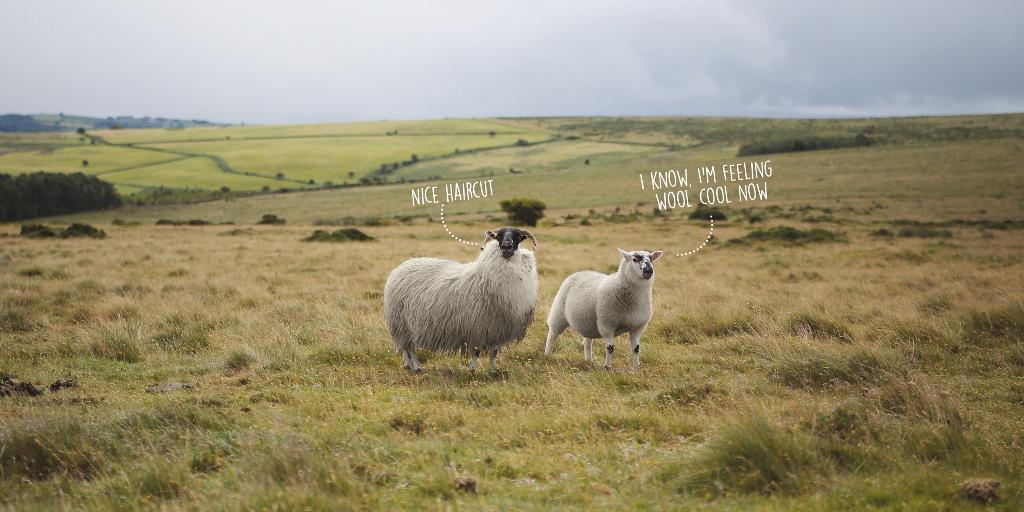Packaging design whizz Angela Morris first realised the potential of wool as the perfect insulation material for transporting cool things while working with The National Trust in 2001. She then spent the following six years refining, trialing and developing what was to become Woolcool: a 100% pure wool liner now scientifically proven to be a viable, superior alternative to conventional polystyrene (EPS) and polyethylene (PE) foam transit boxes used for chilled food.
A little Woolcool takeover

It all started with wool...
Starting from small beginnings, Woolcool approached Abel & Cole with our innovative insulated packaging solution. With Abel & Cole’s passion for their environmentally responsible ethos it was clear that there a strong connection between the two companies, one that’s gone from strength to strength.
Abel & Cole have consistently trail blazed in the organic foodie world, actively supporting innovation from their producers, so it’s no surprise that they took the decision to roll out Woolcool as the packaging of choice for delivering their chilled food. Woolcool provided bespoke insulated boxes made from entirely sustainable, compostable, recycled and recyclable material (natural sheep’s wool insulation, sealed in recyclable food grade film to line Abel & Cole cardboard boxes). Even better, the Woolcool liners are robust enough to be re-used several times – just the ticket for Abel & Cole customers. Through the support of partners such as Abel & Cole, Woolcool has grown from strength to strength. Companies switching to Woolcool have saved more than 4000 tonnes of non-biodegradable plastic packaging waste from landfill.
The partnership between us has continued over the last nine years. Both companies promote strong Environmental and Social Responsibility, including the importance of creating a positive work place for staff and the impact we have on the wider world.
It’s thanks to innovative, sustainable, recyclable insulated packaging alternatives like Woolcool that’ll help produce less waste packaging and aid carbon footprint reduction.


